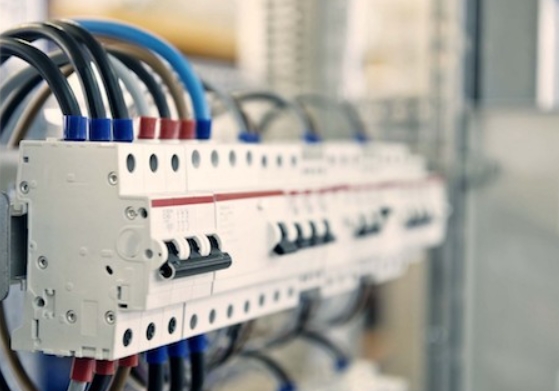The Advantages of Miniature Circuit Breakers (MCBs) over Fuses

In the world of electrical protection, two common devices are used to safeguard electrical circuits: fuses and miniature circuit breakers (MCBs). While both serve the purpose of preventing electrical overloads and short circuits, MCBs offer several advantages over fuses. This article will explore why MCBs are considered superior to fuses in terms of safety, convenience, reliability, and cost-effectiveness.
- Safety:
MCBs provide enhanced safety compared to fuses. Unlike fuses, MCBs can be manually operated, allowing for quick and easy disconnection during emergencies or maintenance. Additionally, MCBs offer better protection against short circuits, as they can detect and respond to abnormal current flows more accurately and rapidly. This reduces the risk of electrical fires and potential harm to individuals. - Convenience:
One of the key advantages of MCBs is their convenience. Unlike fuses, which need to be replaced after each trip, MCBs can be reset simply by flipping a switch. This eliminates the need for spare fuses and reduces downtime, making MCBs more suitable for critical applications where uninterrupted power supply is crucial. Moreover, MCBs provide clear indication of tripping, making it easier to identify and rectify faults. - Reliability:
MCBs offer higher reliability compared to fuses. Fuses are susceptible to aging, temperature variations, and mechanical stress, which can affect their performance. In contrast, MCBs are designed to withstand a wide range of operating conditions, ensuring consistent and reliable protection over their lifespan. Additionally, MCBs have better tolerance for inrush currents, making them more suitable for applications with high starting currents, such as motors and transformers. - Cost-effectiveness:
While the initial cost of MCBs may be higher than that of fuses, they prove to be more cost-effective in the long run. Fuses need to be replaced every time they trip, resulting in recurring expenses. On the other hand, MCBs have a longer lifespan and can be reused multiple times without the need for replacement. This not only reduces maintenance costs but also minimizes downtime, leading to increased productivity and cost savings.
Conclusion:
In conclusion, MCBs offer numerous advantages over fuses in terms of safety, convenience, reliability, and cost-effectiveness. Their ability to provide better protection, ease of use, and long-term reliability make them the preferred choice for electrical circuit protection. Whether it is for residential, commercial, or industrial applications, MCBs have proven to be a superior alternative to fuses, ensuring efficient and secure electrical systems.


